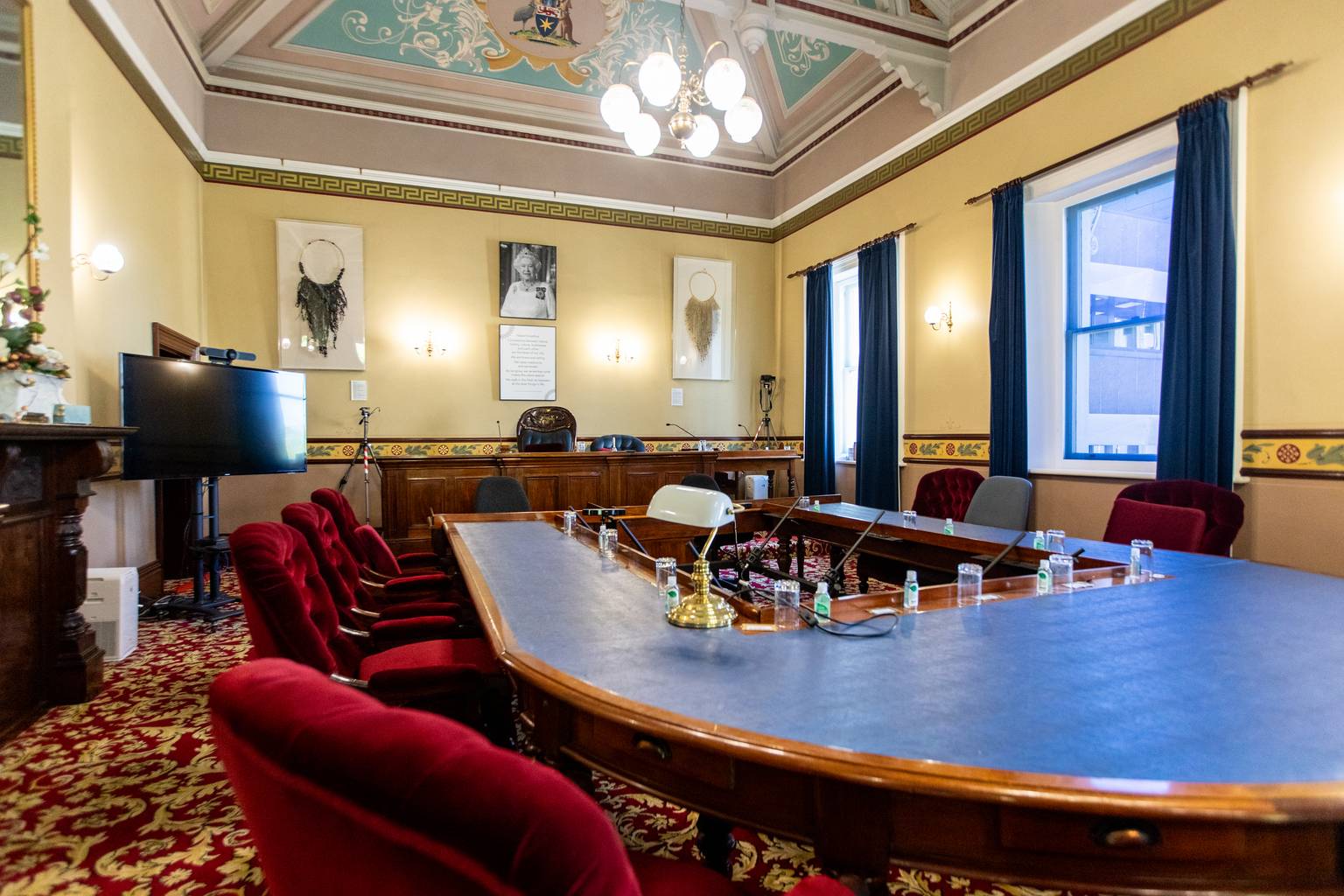Tasmanian councillors could be banned from running for office for up to seven years or dismissed outright under proposed laws targeting serious misconduct in local government.
The draft legislation, released for public consultation this week, would give the Tasmanian Civil and Administrative Tribunal (TASCAT) sweeping powers to discipline councillors found guilty of serious breaches.
They could include unlawful behaviour and misuse of council resources for personal gain.
Other penalties could include suspensions of up to six months, mandatory counselling, fines of up to $9,500 and orders requiring councillors to pay the costs of proceedings against them.
Local Government Minister Kerry Vincent said many of the reforms were suggested by councillors themselves and aimed to strengthen accountability and performance across the sector.

“These are things that people have asked for and there is a lot of serious activity that people are disappointed with. The public aren’t happy with the conduct of a lot of their councillors,” he said.
“People are taking it seriously now and if you do something wrong mid-term you deserve to have some understanding that it is not acceptable. The public are not accepting this bad behaviour anymore.”
The bill introduces a three-tier process for serious misconduct complaints.
Initial assessors could refer cases to the Director of Local Government for investigation, with more serious matters to be heard by the tribunal.
All councillors would be required to complete mandatory training within 12 months of election and councils would need to adopt professional development policies.

The reforms also propose a new “temporary adviser” system, allowing the minister to appoint advisers to councils showing signs of governance issues – a less heavy-handed step than launching a board of inquiry.
Councils would be required to develop community engagement strategies and refocus their core role on supporting community wellbeing, rather than simply delivering services.
A new local government charter, to be issued by the minister, would outline councils’ key functions and when it’s appropriate to move beyond them, including principles for good governance and financial management.
The reforms follow feedback from a discussion paper released in December, with public consultation open until mid-November.






